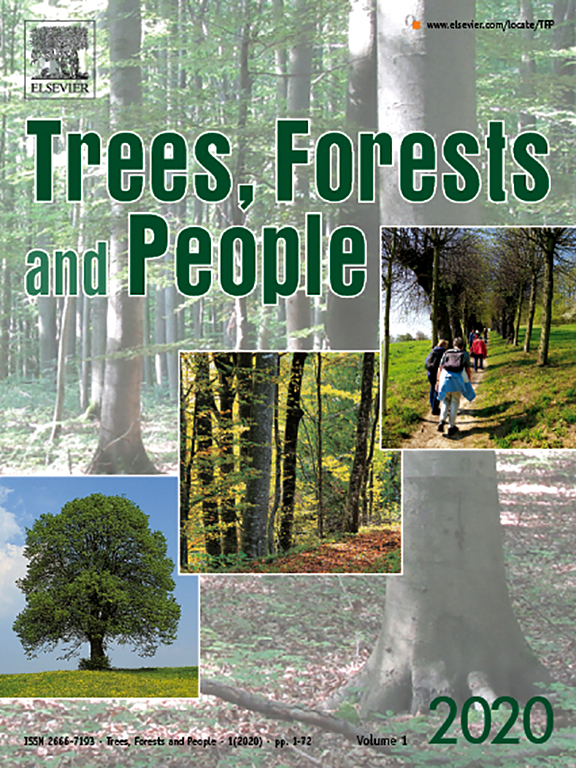Hutan Harapan, the last remaining lowland tropical rainforest in Sumatra, spans approximately 100,000 hectares. The Ministry of Forestry granted it to PT REKI under an Ecosystem Restoration Concession (ERC) license, a policy designed to encourage private investment in restoration and sustainable forest management to combat deforestation and meet global restoration goals. Despite previous logging, Hutan Harapan remains biodiverse, home to the Batin Sembilan indigenous people, the Malay tribe, and various migrant communities. However, it is now isolated, surrounded by oil palm plantations, monoculture timber estates, and agricultural lands, making it vulnerable to encroachment, illegal logging, poaching, and forest fires. This study examines PT REKI’s management strategies for addressing these threats using stakeholder analysis, social capital theory, and ladder participation theory. As a result, PT REKI has achieved declining deforestation rates, reduced illegal activities, improved conflict resolution, and enhanced fire prevention. Its strategies have led to land-use stabilization, lower social costs, a stronger corporate reputation, and greater stakeholder collaboration, signaling hope for the future of forest management. However, challenges remain, including increasing social pressures, wildlife poaching, and land clearing for oil palm expansion. Addressing these ongoing issues requires adaptive management strategies and continued stakeholder engagement.
DOI:
https://doi.org/10.1016/j.tfp.2025.100823
Jumlah Kutipan Dimensi:

Tahun publikasi
2025
Penulis
Silalahi, M.; Nurrochmat, D.R.; Harrison, R.D.; Mansur, I.; Walsh, T.A.; Habibi
Kata kunci
deforestation, forest management, indigenous peoples, land use, logging, timber, nature conservation, poaching, rainforests, restoration ecology, stakeholders
Geografis
Indonesia


















